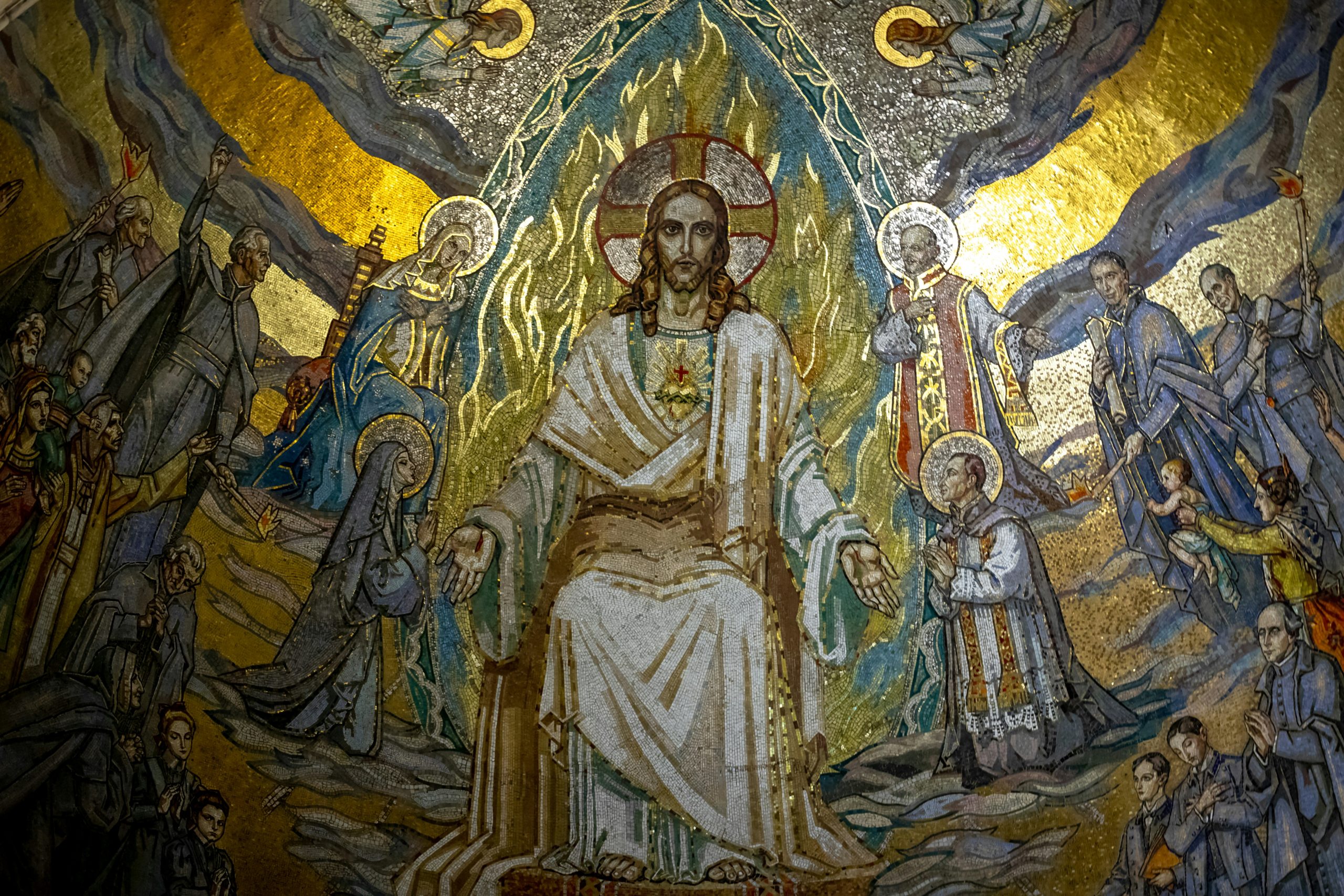This is our last week spent primarily on heresies. (Is your mind spinning from all the different -isms?)
I want you to think back to the metaphor introduced in the Wright text last week of the theological pendulum. These ideas about who Jesus is swing back and forth, back and forth, between emphasizing his divinity and emphasizing his humanity. This is true of “heterodox” ideas as well as “orthodox” ideas.
This week, the Gonzalez text offers a helpful overview of the Greek-speaking Eastern Church. This is the stage for a lot of these debates over Jesus’ divinity and humanity.
Then I have this really fascinating article on the Christian and Muslim encounter around the birth of Islam. We spent weeks 1 and 2 thinking about Christian and Jewish relations; now we’re going to do a little reflecting on Christian and Muslim interactions.
Then we have an article on the “why does this matter??” question within the context of Asian churches. Hopefully Liao’s article stirs our own reflections on why this matters.
You all will be doing your own research on four Christological heresies. Robert, Emily E, Kenna, and Sherae, you will be looking at Nestorianism. Carson, Haley M. and Emily P., you will be looking at Apollinarism. Alex, Kaya, and Danielle, you three will be looking at Euychianism, also known as Monophysitism. And finally, Haley L., Rachael, April, and Heidi, you will be looking at Adoptionism.
I encourage you to start with course readings (Wright, McGrath, and Gonzalez from this week) before turning to the interwebs.
And finally, read “The Definition of Chalcedon.”
To Do:
- Read: Gonzalez, excerpt from “Eastern Christianity” (14 pgs)
- Read: Griffith, “The Melkites and The Muslims” (31 pgs)
- Read: Liao, “The Significance of Chalcedon and the Reformation Confessions for Asian Churches Today” (16 pgs)
- Prior to this week, you will be assigned a Christological heresy to research. Be prepared to share what you’ve learned with your classmates.
- Nestorianism (Robert, Emily E., Kenna, Sherae)
- Apollinarism (Carson, Haley M., Emily P.)
- Eutychianism/Monophysitism (Alex, Kaya, Danielle)
- Adoptionism (Haley L., Rachael, April, Heidi)
- Read: “The Definition of Chalcedon” (1 pg)
- Suggested Due Date: Reading Response
